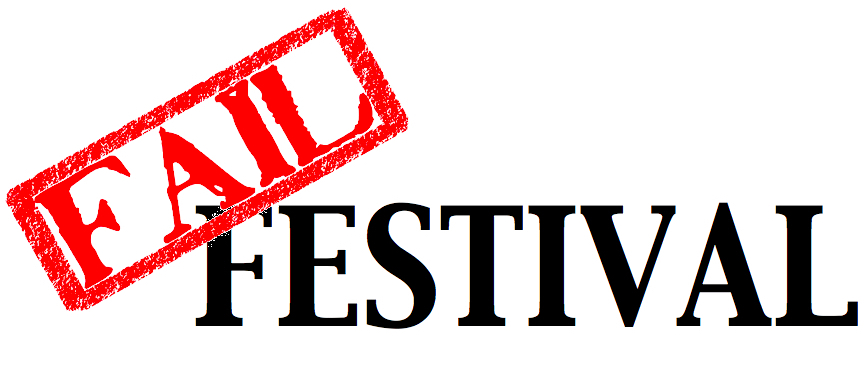
Failure is a mark of leadership, innovation, and risk-taking in pushing the boundaries of what is possible and profitable in scaling ideas from pilots to global programs. We should be demanding a minimum level of failure as a proxy for how innovative an organization is.
Why ask for failure to ensure success?
In the research paper, Innovation, exnovation and intelligent failure, the authors argue that success can foster decreased investigations, increased complacency, risk aversion, and destructive homogeneity. Conversely, modest levels of failure can promote a willingness to take risks and foster resilience-enhancing experimentation.
Success and failure are therefore siblings. An inability to learn from experience – and particularly failure – can doom a company to repeat the same mistakes over and over without improvement.
7 Steps for Intelligent Failure
They also define seven steps companies can use to reduce the risk of innovation failure and increase the probability of pilot success. Key ideas we can all learn from to keep from staring in the next Fail Festival.
1. Well-planned, thoughtful innovation
The first step for any good innovation is to invest in careful planning of what will be done and the expected outcomes.
For example, a Before Action Report can help document all the potential outcomes. This the opposite of post hoc rationalizations of why something was started, after its already in process and potentially failing.
2. Documented uncertain outcomes
An experiment, pilot, or test, are all by definition leading to multiple uncertain outcomes. However, they don’t need to be unknown outcomes.
Doing a Before Action Report and creating a Success Spectrum can document and sort all the ways the project could have positive impact, and at what points can the team claim a success.
3. Clear underlying assumptions
Don’t just document the process and potential outcomes, also be clear about the underlying assumptions and background context of each innovation investment. Ask questions like:
- Does the experiment require teams to follow or flout rules?
- Are there unaccounted resources, like volunteer team members?
- Can this innovation only exist in specific enabling environments?
4. Small Scale Innovations
A key aspect of intelligent failure is to make sure that companies budget and time for no-stress experiments that will not harm the organization. Something like a 10% of projects by number or value.
This is large enough to get staff attention and motivation, new enough that investors will want to support it, but small enough that failure of any one project, or even groups of them, will not cause undue stress for corporate leadership.
5. Experiments Relevant to All Teams
Companies need to make sure the context of the innovation is familiar enough to the relevant teams that it can create effective diagnosis of the failures and teams can adopt the lessons learned.
This is why I always design Fail Festivals to be organizationally diverse, bringing in staff from different levels and backgrounds so that each participant can see themselves in at least on presenter.
6. Asses early and often
I really like the intelligent failure point of assessing the innovation early and often at specific checkpoints. These pause-and-reflect sessions should be identified in advance to allow teams to quickly identify whenever the activity is diverging from the original plans.
Not all divergence is bad, and not every change means failure. If a company did a Before Action Report, then these inconsistencies can be anticipated and mitigated in real time.
7. Lessons learned are quickly shared
Along with assessing pilot projects early and often, organizations can develop a culture of innovation by talking about how teams learn from failure.
The goal is to establish failure as healthy for a company and get past thinking of failure as a catastrophic event. Failure is nuanced and failure – a sibling of success – requires risk tolerance for innovation.




